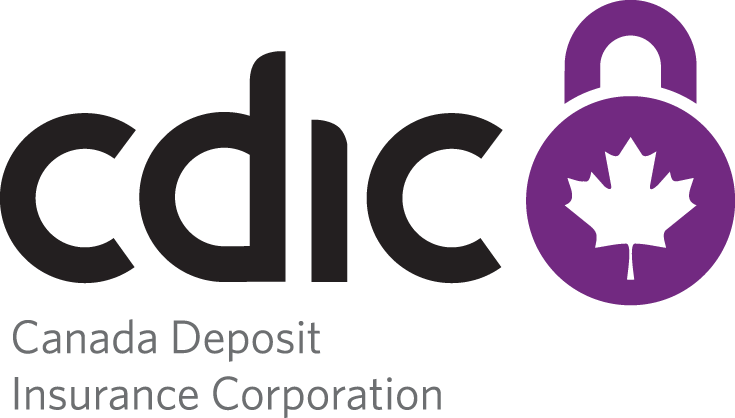
If you or someone close to you is planning to pursue post-secondary education, you may want to consider opening a Registered Education Savings Plan (RESP). This special investment account is designed to help people save for post-secondary studies. They can be effective savings tools, but they’re not always well understood.
Here are four facts about RESPs:
-
1
How do RESPs work?
You can open one of these accounts at a bank, credit union or investment firm. They’ll hold the money until it’s needed to pay for post-secondary education. There’s no limit on how much you can put in each year, but the total lifetime cap per beneficiary is $50,000.
-
2
What are the incentives to opening an RESP?
The money in this account grows tax-free, and when the beneficiary starts their studies, they can take money from it as educational assistance payments (EAPs). These withdrawals are taxed in the student’s name, which typically results in little or no tax because of their low income.
These RESP advantages are on top of other government benefits that help with the cost of education, including tuition, books and rent.
-
3
How can I protect my RESPs?
There are organizations in Canada that help keep the financial system strong and people’s money protected, like the Canada Deposit Insurance Corporation (CDIC). It protects eligible deposits held in RESPs up to $100,000 so long as those funds are held with one of its member institutions.
-
4
What types of financial products can I keep in an RESP?
RESPs offer a lot of flexibility in terms of saving and investing and can help you tailor your investment strategy to suit your needs. They can hold cash or a wide variety of investment products—some contributions, such as cash, high-interest savings accounts (HISAs) and term deposits such as guaranteed investment certificates (GICs), are even eligible for deposit insurance.
RESPs offer a secure, tax-efficient way to prepare for the cost of post-secondary education in Canada. Knowing more about them is the first step to smart saving for education.
